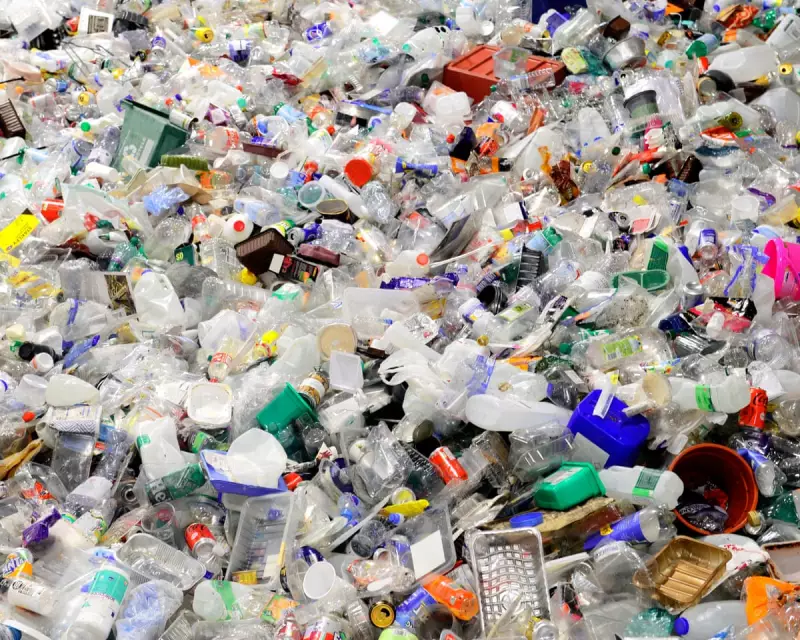
Economic Boom Awaits if UK Stops Shipping Plastic Waste Abroad
The United Kingdom has a significant economic opportunity waiting to be unlocked by ending its dependence on exporting plastic waste, according to groundbreaking new research. A comprehensive report reveals that ceasing plastic waste exports by 2030 could generate 5,400 new jobs while finally taking responsibility for the environmental impact of the nation's waste.
The analysis from Hybrid Economics indicates this shift would require building up to 15 new recycling facilities across the country by the end of the decade. This expansion would attract more than £800 million in private investment without requiring public funding, creating substantial economic benefits for the UK.
Current Export Crisis and Lost Opportunities
The report comes at a critical time as Britain's plastic exports actually increased by 5% in 2024, reaching nearly 600,000 tonnes of waste shipped overseas. This growing export trend creates serious environmental problems for receiving countries, many of which lack adequate recycling infrastructure to process the material properly.
Campaigners are highlighting a fundamental problem: a regulatory loophole that makes it cheaper to export plastic waste rather than recycle it within the UK. This system not only exports environmental problems but also removes valuable feedstock from Britain's domestic recycling industry.
The situation has become particularly concerning with exports to Indonesia soaring in the first part of this year. More than 24,000 tonnes of UK plastic waste have been sent to the Southeast Asian nation, which is already struggling with its own environmental crisis from plastic pollution.
Industry Collapse and Economic Consequences
The Guardian recently uncovered that 21 plastic recycling and processing factories across the UK have shut down over the past two years. This collapse stems from three primary factors: the massive scale of exports, the cheap price of virgin plastic, and an influx of inexpensive products from Asian markets.
Neville Hill, partner at Hybrid Economics which produced the report, provided sobering context about the UK's current recycling capacity. "The UK was only using half of its potential for recycling plastic waste," he stated. "Ending exports of unprocessed plastic packaging waste by 2030 would allow the UK to take control of its environmental responsibilities and seize a clear economic opportunity."
Hill emphasised that the sector could expand dramatically with "no call on public funds, provided government sets the right framework."
Successful Models and Policy Solutions
James McLeary, managing director of Biffa Polymers which commissioned the report, pointed to proven success stories within the UK recycling sector. His company has recycled 10 billion plastic HDPE milk bottles over the past two decades, demonstrating what's possible when the right conditions exist.
"The lesson is simple," McLeary explained. "When the right conditions are in place, UK recycling grows, investment follows and the environmental and economic benefits build year after year. The UK can replicate that success across all plastic packaging and take responsibility for processing its own waste onshore."
The report proposes concrete policy changes to drive this transformation, including increasing the plastic packaging tax. Currently imposed on producers who fail to include at least 30% recycled plastic in their products, campaigners want this threshold raised to 50% recycled content. Combined with a total phase-out of exports for unprocessed plastic packaging waste, these measures could revolutionise the UK's approach to plastic.
The potential economic benefits are substantial: the increased domestic recycling capacity would help generate almost £900 million of economic value every year, while providing at least £100 million of new tax revenues annually to support public services.





